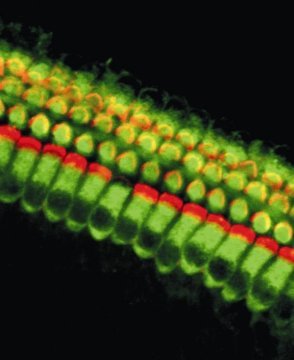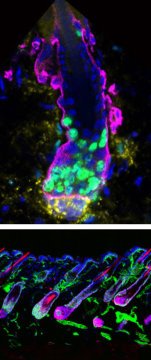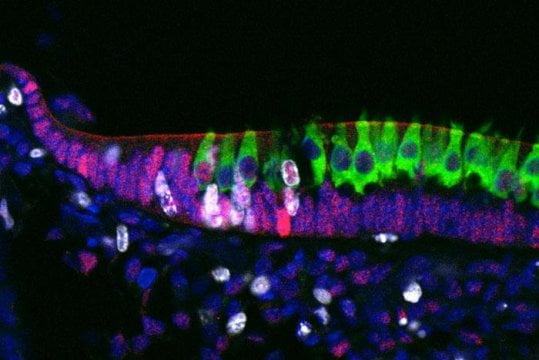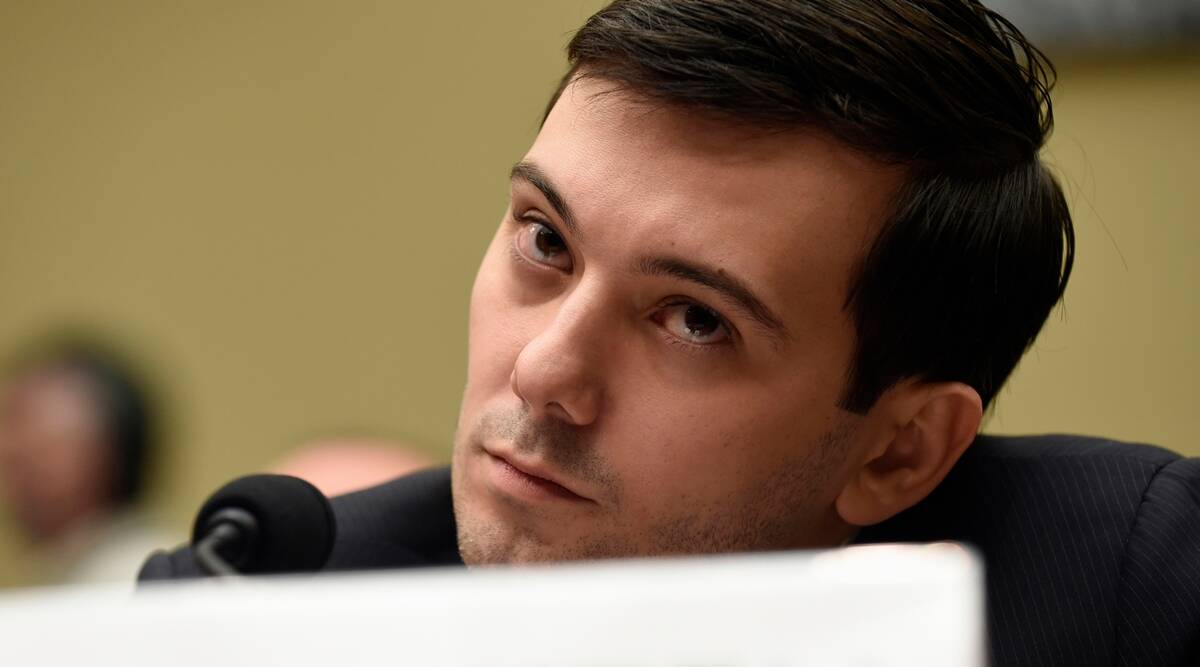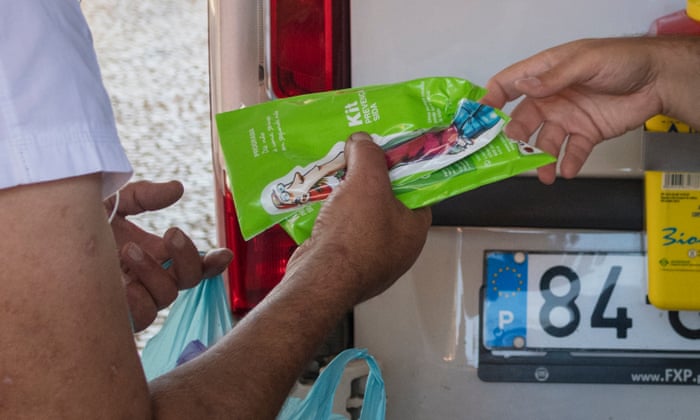
A patient receives syringes from a van parked in Lisbon after taking his daily dose of methadone, part of Portugal’s humane drugs policy. Photograph: Horacio Villalobos/Corbis via Getty Images
The driving force behind Portugal’s capacity to rescue itself from the throes of an opioid crisis is an emphasis on personalised care that galvanises the community and functions conterminously with the decriminalisation of all substances (The big fix: Portugal’s truce on drugs, 5 December). Crucially, Portugal’s radical policy has gone some way to eradicate the taboo on drug misuse. This cultural shift highlights the very tangible affects of ostracising users from the local community, be it through labelling them with derogatory language – “junkie” or “smackhead” etc – or by deeming them antisocial criminals.
As the UK sinks further into its opioid epidemic, the necessity of radically reforming its legal, political and sociocultural policies on drugs is pushed further to the fore. This means shifting the emphasis from criminalisation to healthcare, increasing public spending on health services, and encouraging communal support for drug users.
Yasmin Batliwala
Chair, WDP drug and alcohol charity
• Congratulations on your long read on Portugal’s drugs policy. This should be required reading for policymakers who have refused to base drug and addiction policy on evidence. A young man I know has been to prison 11 times in the last three years. On each occasion the offences have been directly linked to drug and alcohol addiction. The young man is homeless and leaves prison, without meaningful support, to life on the street and a seemingly inevitable return to prison.
At the very least the government should be consulting evidence, and recognising that the justice system is failing addicts and the taxpayer.
Ian McCauley
Reading, Berkshire
[“Source-theguardian”]

